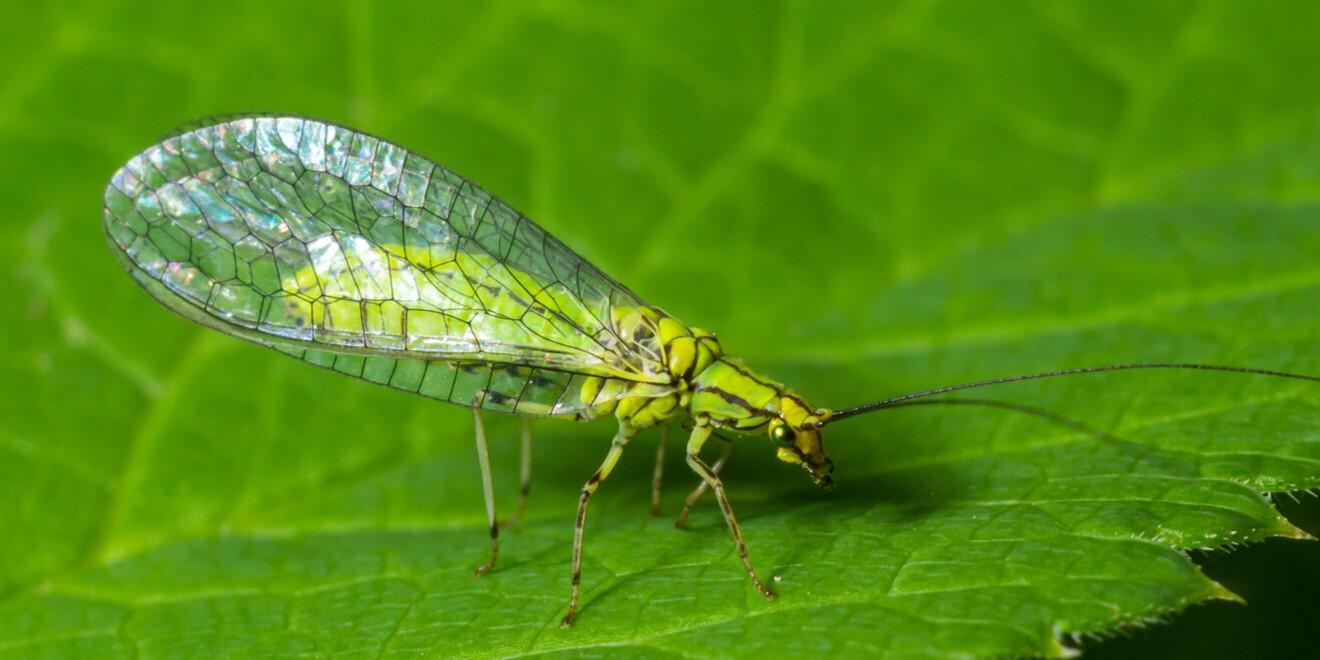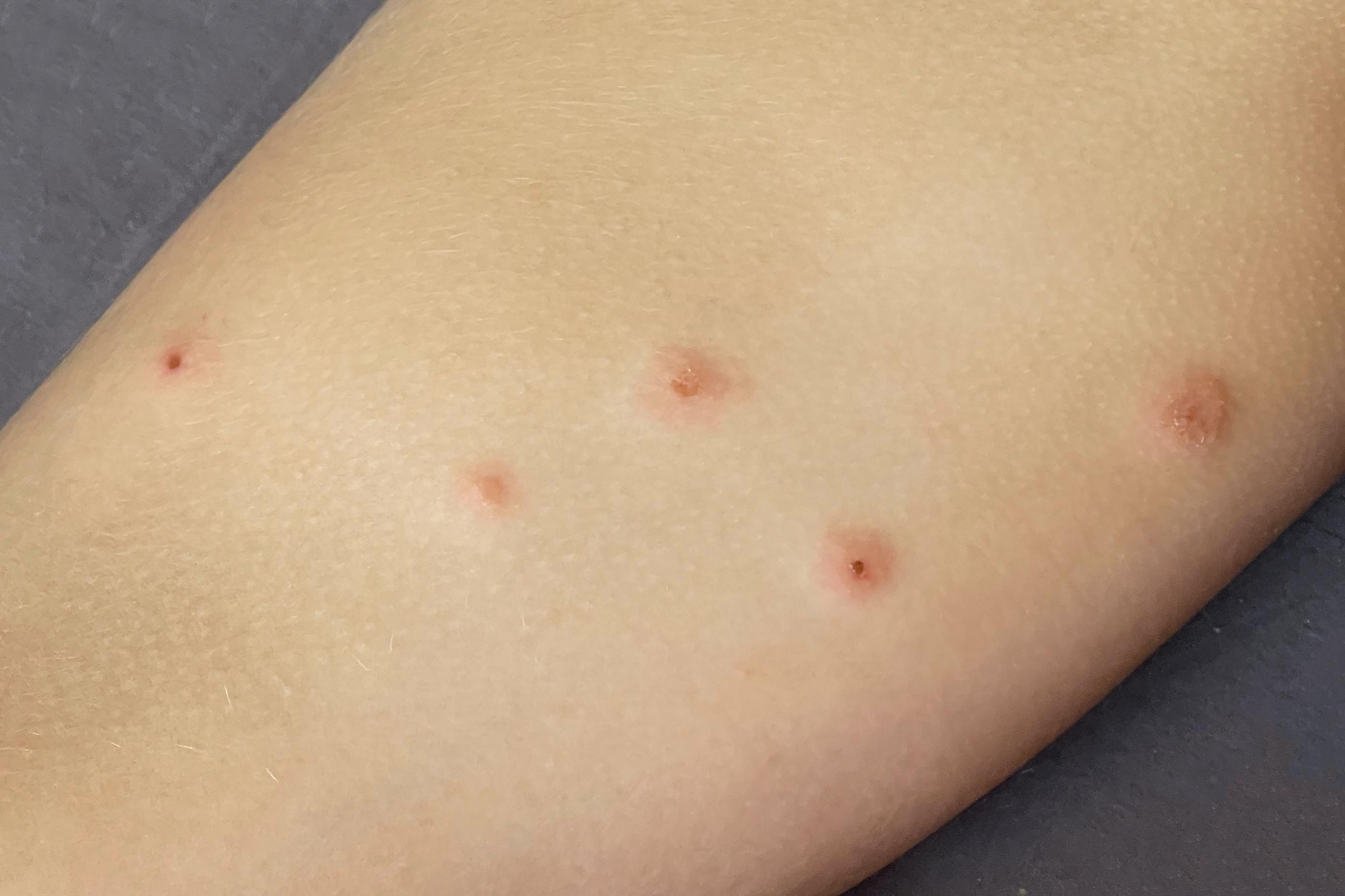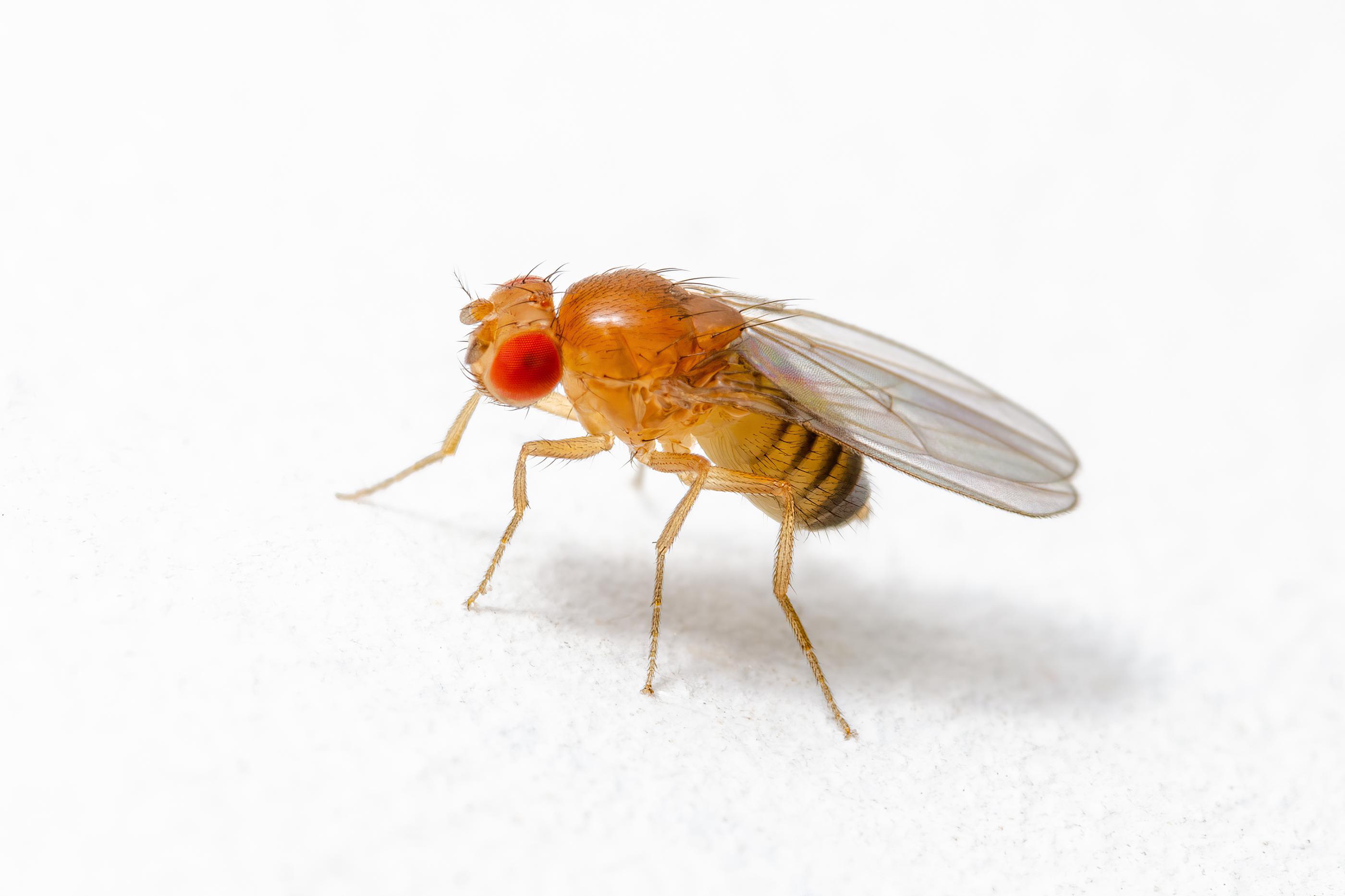Dangerous Ticks in Fall River & South Shore Massachusetts
Posted by Mosquito Squad
September 22, 2015
While Lyme Disease has garnered a lot of well-deserved headlines and attention in our area this year, with it being at epidemic proportions – it is not the only dangerous disease our ticks are carrying. With rates of a handful of other tick-borne diseases on the rise, it is vital that you know the symptoms, as early detection can many time be a life-saver.
Tick-Borne Diseases in Massachusetts
- Lyme Disease
- Anaplasmosis
- Babesiosis
- Powassan Disease
- Ehrlichiosis
- Rocky Mountain Spotted Fever
- Tularemia
Symptoms of Anaplasmosis
Anaplasmosis is caused by a bacteria carried by the black-legged or deer tick. Treated promptly with antibiotics, patients usually make full recovery without lasting side effects. The symptoms of Anaplasmosis can include fever, headache, chills, muscle aches, cough, confusion and rarely rash. If not treated in time, a severe case of Anaplasmosis can develop presenting symptoms such as difficulty breathing, hemorrhage, renal failure or neurological problems. While rare, Anaplasmosis can cause death.
Symptoms of Babesiosis
Babesiosis is caused by a microscopic parasite transferred to humans from the bite of a deer tick. Many people will never have symptoms but some develop flu-like symptoms that can include fever, chills, sweats, headache, body aches, loss of appetite, nausea or fatigue. The parasites infect red blood cells which can cause hemolytic anemia. Jaundice and dark urine are signs to watch for in anemic cases of Babesiosis. Babesiosis is especially dangerous for people who don’t have a spleen, have serious health issues, are elderly or have a weakened immune system. A combination therapy of two drugs has proven effective against Babesiosis.
Both Anaplasmosis and Babesiosis are quite common in the state of Massachusetts with rates rising rapidly. They have taken the #2 and #3 spot when it comes to tick-borne disease in Massachusetts. While the rest of the list of tick-borne disease in Fall River are much less common than Lyme, Anaplasmosis or Babesiosis, they are dangerous and you should be aware of their existence in the area.
Symptoms of Powassan Virus
Powassan Virus is a rare but sometimes deadly disease that is transmitted from the deer tick to humans through tick bites. The virus can cause symptoms such as headache, vomiting, weakness, confusion, fever, seizures and memory loss. There are no specific treatments for Powassan but severe cases can turn into encephalitis or meningitis and may require hospitalization for respiratory support, intravenous fluids or medication to reduce swelling in the brain. Approximately 10% of Powassan Virus cases that develop into encephalitis are fatal.
Symptoms of Ehrlichiosis
The term Ehrlichiosis is a broad term used to describe a variety of infections, mainly Ehrlichia chaffeensis and Ehlrichia ewingii transmitted by the lonestar tick. The symptoms of Ehrlichiosis vary greatly from patient to patient but can include fever, headache, chills, depression, muscle pain, nausea, vomiting, diarrhea, confusion, red eyes and rash. The rash shows up in about 60% of children and 30% of adults. Ehrlichiosis can be fatal if not treated properly, even in formerly healthy people. Antibiotics are the proper treatment for Ehrlichiosis and may have to be given intravenously in severe cases.
Symptoms of Tularemia
Tularemia is a bacteria that is spread by the American dog tick, the Lone star tick and deer fly bites. While rare, there have been between 7-20 cases of Tularemia in Massachusetts each year since 2004. The symptoms of Tularemia vary greatly but all forms share the symptom of a fever that can be as high as 104 °F. The most common symptoms of Tularemia from a tick bite are the high fever, a skin ulcer at the site of the bite and swelling of lymph glands. A 10-21 day treatment of antibiotics usually result in a complete recovery.
Debilitating Sickness
The severe illnesses that are associated with tick-borne disease are truly debilitating. Dr. David Katzh of Yale University was extremely healthy and cautious when it came to ticks. He came down with Anaplasmosis and described his illness “I became so sick that I couldn’t lift my head off the bed, I could barely turn my eyes.”
With six different tick-borne diseases present in Massachusetts, and more on the horizon, it is more important than ever to make sure you protect yourself and your family in your own back yard. Follow the 6 C’s of Tick-Proofing and call Mosquito Squad of Fall River today to schedule season long tick control for your Southeastern Massachusetts yard. We can eliminate up to 90% of the ticks on your property with our traditional tick mist and tick tube treatment.















